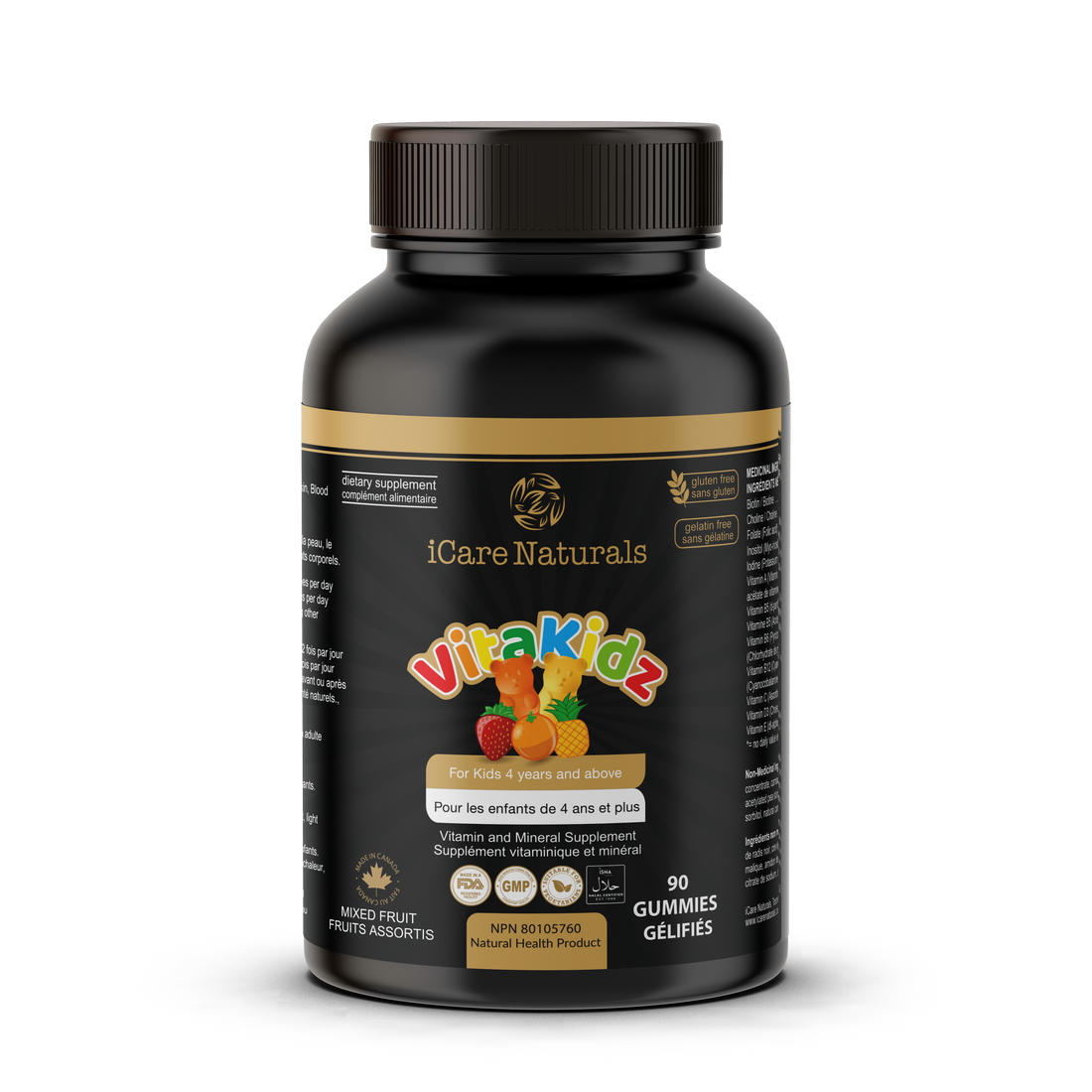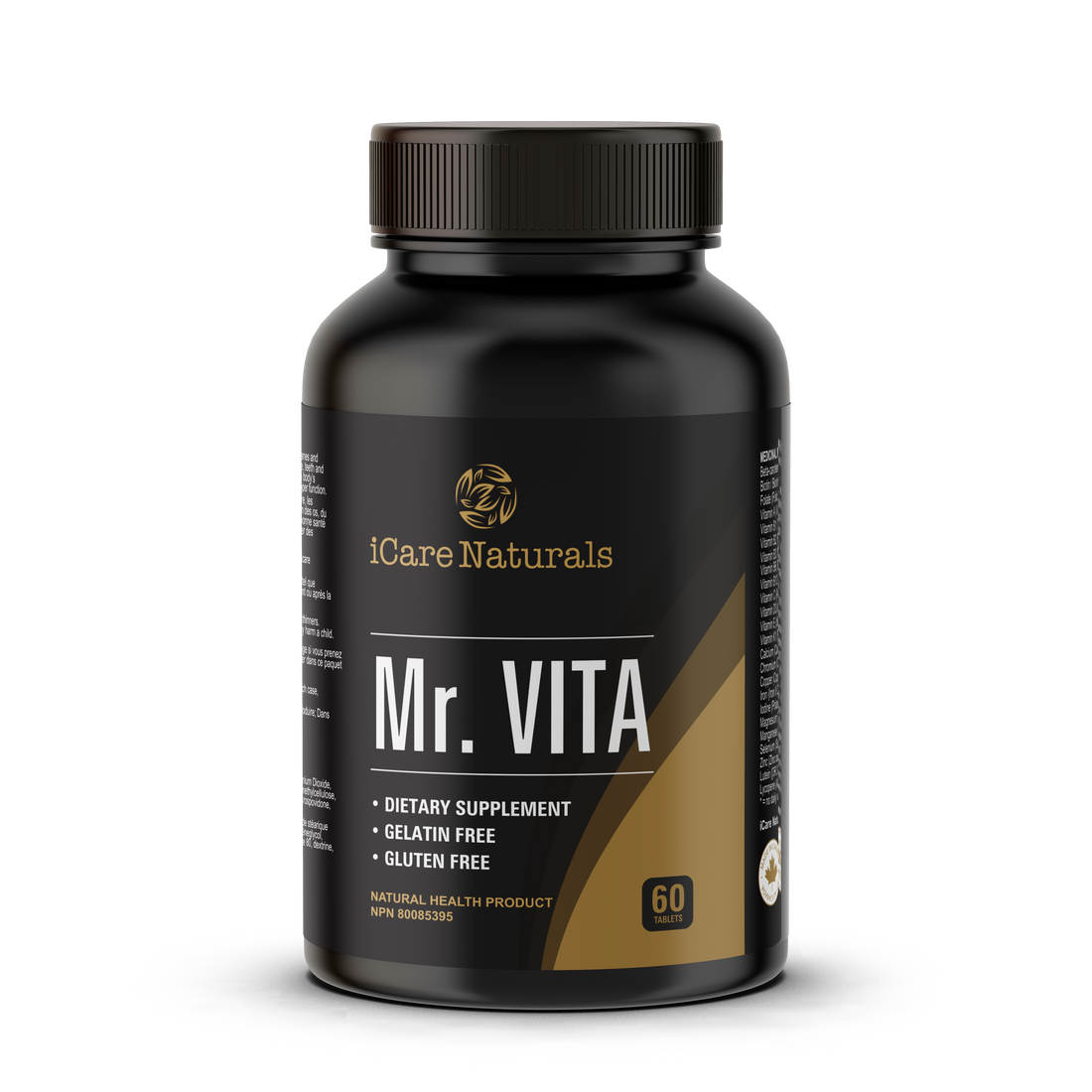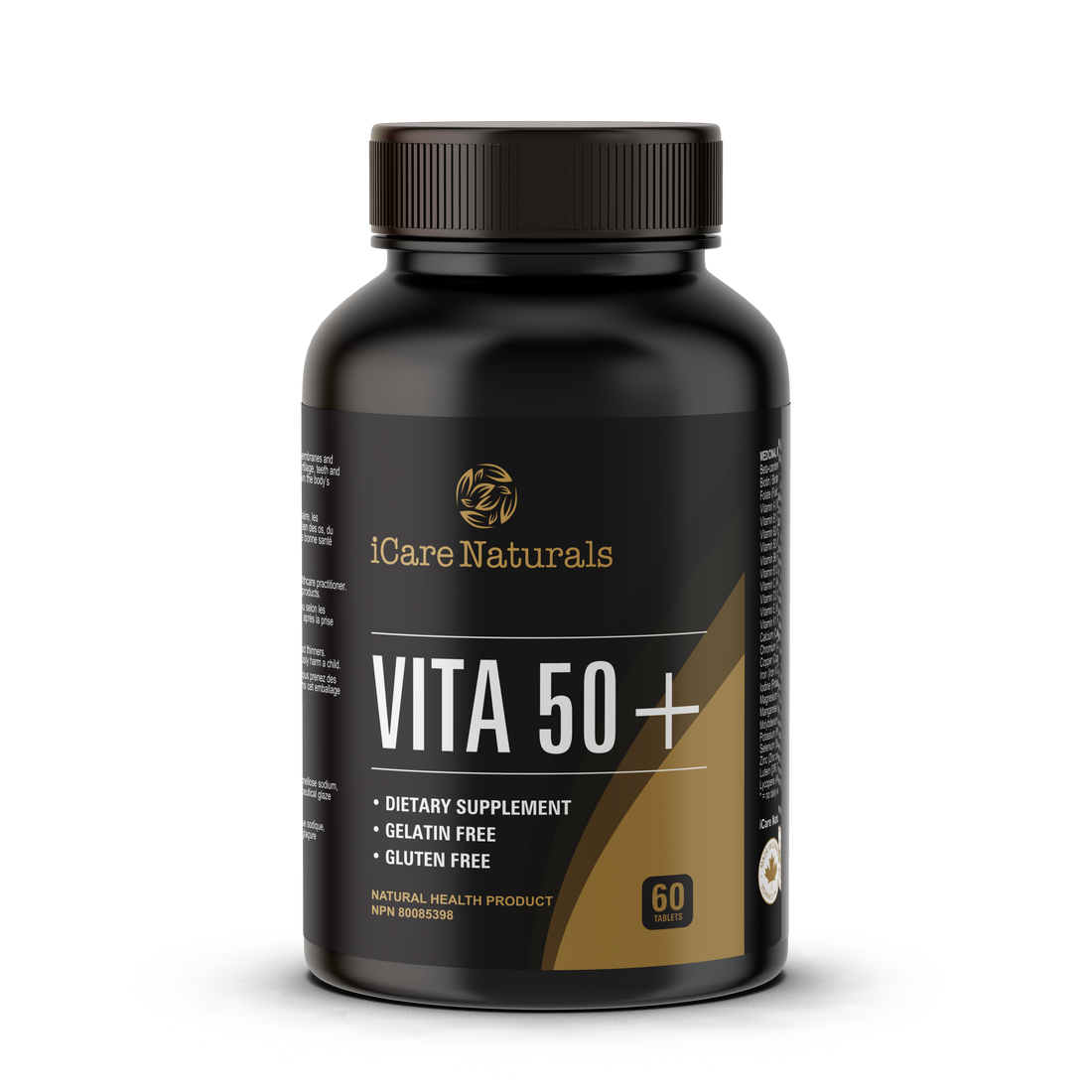An Omega-3 fatty acid supplement containing fish oil is considered the unsung hero of our health. These essential fats, excessively taken from fish oil, are important in supporting heart health, brain function, eye health, and reducing inflammation.
You can incorporate high-quality Omega-3 supplements in your daily regimen, like iCare Naturals. It will be a fantastic way to ensure you get enough essential nutrients daily. But what is the optimal time to take these supplements? Let’s explore these possibilities in this blog.
Stay Consistent: Make a Habit of Taking it Daily
Consistency is the primary key to winning any game. If you want to get one hundred percent benefits from Omega-3 supplements, the first rule is to stay consistent with taking these supplements.
Incorporate these fatty acids into your routine like any other daily habit, such as brushing your teeth, combing your hair, or packing lunch. Selecting a time that effortlessly integrates into your current routine will make it much simpler and easier to remember, and you can easily stick with it long-term.
Should I Take Omega-3 Fish Oil Daily?
Many professionals recommend taking fish oil daily with a meal. Here's why:
Enhanced Absorption
Omega-3 fatty acids are more effectively absorbed when taken alongside other dietary fats. Eating your iCare Naturals fish oil with a meal that contains some healthy fat can help your body maximize its absorption of these beneficial nutrients.
Minimizing Potential Side Effects
Some individuals experience mild gastrointestinal discomfort after consuming these supplements, including a fishy aftertaste or burping when taking fish oil on an empty stomach. So, taking fish oil with food will help lower these potential side effects.
Here’s a quick tip: Always consume Omega-3 fish oil supplements with healthy dietary fats to optimize absorption and minimize potential tummy troubles.
Does Time Really Matter?
Most people who want to incorporate these fish oil supplements into their daily routine often ask, "Which time should I take Omega-3 supplements?" or "How long does it usually take for Omega-3 supplements to work?"
The answer is quite simple. Usually, fish oil takes several days, weeks, months, or even years to increase Omega-3 fatty acids in your bloodwork. While taking fish oil with a meal is generally recommended, the specific time of day—whether it's breakfast, lunch, or dinner—is less critical. The most important thing is to find a time that works best for you and your daily schedule.
-
Morning Time: If you are taking other daily supplements, including zinc, calcium, iron, and folic acid, with breakfast, then adding your fish oil supplements to this routine can be the easiest way to remember.
-
Lunch Time: If you usually forget to take your morning supplements, we will ask you to take your Omega-3 supplements with lunch.
-
Dinner Time: If you find it challenging to take your supplements in the morning or during lunchtime due to your job or because of your academic stress, you can always take them right after dinner.
In short, the best time to take Omega-3 fish oil is when you can consistently stick to it. Pay close attention to how your body responds to these supplements at first. Try switching timings if you notice tummy discomfort when taking it at a particular time. Look for a time that suits you the best so it can contribute to a more positive and beneficial experience.
5 Benefits of Taking Omega-3 Fish Oil For You
Omega-3 fats are like little helpers inside your body, and they do a lot of good stuff when taken consistently:
1. Benefits For the Heart
Omega-3 supplements regulate your heart by pumping good blood and keeping the level of bad fat in your blood low, so your blood can flow smoothly. They also control blood pressure and maintain it at a healthy level. Further, they help keep the arteries strong and away from blockage.
2. Benefits For the Brain
Children need Omega-3 supplements for the growth of their brains. These fatty acids help keep memory strong so that people can remember and focus better. These fatty acids also boost mood and can keep you happy.
3. Benefits For Your Eyes
Omega-3 fatty acids keep your vision sharp. It treats and prevents retinal disorders like retinitis pigmentosa or macular degeneration. It may protect your eyesight as you get older. These supplements also protect your eyes from dryness.
4. Fights Inflammation
Omega-3 fatty acids may help remove the stiffness and joint pain of rheumatoid arthritis. It helps reduce inflammation in blood vessels, lowering the risk of heart attacks and strokes. These supplements also help in getting rid of body swelling. Further, it helps in conditions like Crohn's disease and ulcerative colitis, which are considered chronic inflammation of the digestive tract.
5. For Your Skin
Do you want flawless and clear skin? Omega-3 does the job! Even if you have itchy and red skin, these supplements are a perfect dose! Moreover, these fatty acids help heal scrapes and cuts faster.
Can You Get Enough Omega-3 Benefits from Diet Alone?
Yes, it is possible to get enough healthy fatty acids from Omega-3 foods alone, especially when you incorporate fatty fish like salmon, sardines, walnuts, chia seeds, flax seeds, rapeseed oil, oysters, and soybeans into your diet. These foods are the best sources of DHA, EPA, and ALA, the three main kinds of Omega-3 fatty acids beneficial for the brain, eyes, heart, and overall health.
Some individuals may face challenges in meeting their needs through diet alone, so they can consider taking supplements.
Omega-3 is an Essential Supplement
Omega-3 fatty acids are vital nutrients the body cannot produce alone, meaning they must be obtained through food or supplements.
Fatty Fish are The Main Source
Fatty fish, including tuna, salmon, sardines, mackerel, and herring, are excellent sources of Omega-3, particularly EPA and DHA, which will keep you healthy and strong.
Plant-Based Sources
Besides fish, plant-based sources like flaxseed, chia seeds, walnuts, and some vegetable oils also contain Omega-3 fatty acids. The Omega-3 derived from these sources are primarily ALA, which can later be converted into EPA and DHA, though not very efficiently.
Dietary Intake
Most experts recommend consuming at least two servings of fatty fish per week to help meet daily Omega-3 needs. However, supplements are always a better option for individuals who struggle to include enough Omega-3-rich foods in their diet, but it's best to discuss this with a doctor first.
Conclusion
Taking iCare Naturals Omega-3 fish oil with a meal is generally advisable for optimal absorption and to avoid potential side effects. Choosing a specific time of day is a matter of personal preference and convenience. However, the most important factor is establishing a consistent routine that you will stick to for a long time while reaping the numerous health benefits of these essential fatty acids.
So, find out which brand works best for you, make it a habit, and let this self-care journey lead you to better health and a happy life!










